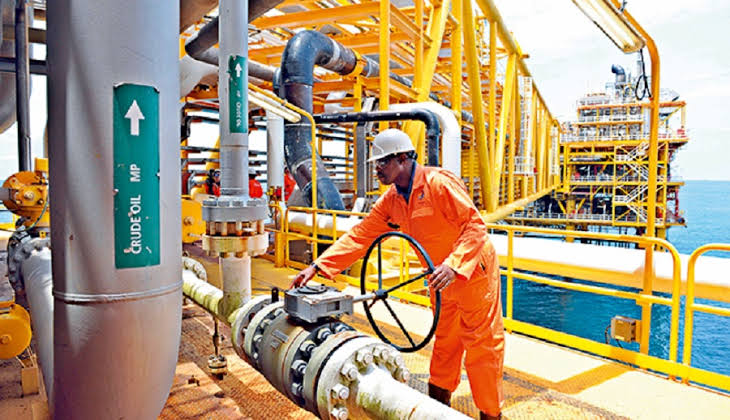Nigeria has significantly reduced its reliance on imported petrol, thanks to a sharp rise in local production. According to the Nigerian Midstream and Downstream Petroleum Regulatory Authority (NMDPRA), daily petrol imports dropped by 29.9 million litres over the past eight months.
Farouk Ahmed, Chief Executive Officer of NMDPRA, revealed the figures during a briefing by the Presidential Communications Team at the State House, Abuja, on Tuesday. He explained that petrol imports fell from 44.6 million litres per day in August 2024 to just 14.7 million litres as of April 13, 2025.
“This reduction is a direct result of increased local refining capacity,” Ahmed said.
Refineries Bounce Back
A major contributor to the boost in local production is the Port Harcourt Refinery, which resumed operations in November 2024. Additionally, several smaller modular refineries across the country have ramped up output, leading to a 670% increase in local petrol production.
As of April 2025, Nigerian refineries are producing 26.2 million litres of petrol daily, a remarkable leap from practically zero output in August 2024.
Meeting National Demand
Despite the decline in imports, Nigeria’s petrol supply has remained relatively stable, with combined local and imported volumes staying close to the national demand of 50 million litres per day.
Here’s a quick snapshot of the supply trend:
-
November 2024: 56 million litres/day
-
February 2025: 52.3 million litres/day
-
March 2025: 51.5 million litres/day
-
April 2025 (early): 40.9 million litres/day
While there has been a slight recent dip, the overall supply still meets most of the country’s needs.
Call for National Cooperation
Ahmed also used the opportunity to emphasize the need for collective responsibility in safeguarding the nation’s oil and gas infrastructure.
“It takes all of us — government, traditional institutions, companies, and the youth — to collaborate and resist criminal activities that threaten our infrastructure,” he stated.
He further reiterated NMDPRA’s commitment to transparency, accountability, and responsible regulation of the petroleum sector.

